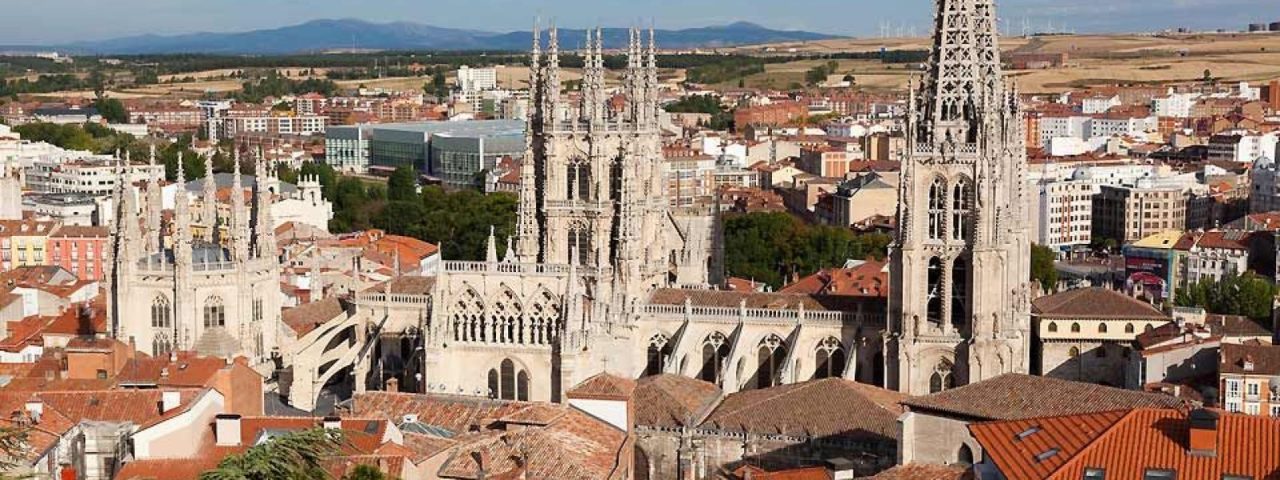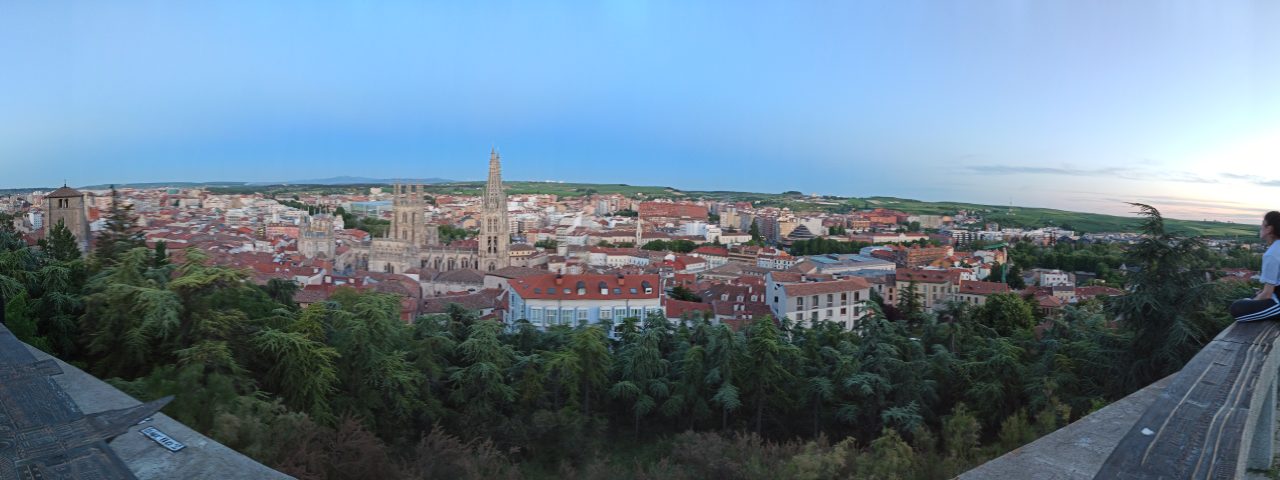Burgos has a rich and varied history that dates back over a thousand years. It was founded in the 9th century by Diego Rodríguez Porcelos and played a vital role during the Reconquista, Spain’s centuries-long fight to reclaim territories from Moorish rule. During the Middle Ages, Burgos became a center of power in the Kingdom of Castile, and its influence continued to grow, especially due to its position on the Camino de Santiago pilgrimage route. The city’s impressive Gothic cathedral, begun in 1221, stands as a monument to its historical significance and is a UNESCO World Heritage site.
Culturally, Burgos is a city deeply rooted in its traditions. It celebrates various festivals throughout the year, the most prominent being the Fiesta de San Pedro y San Pablo in June, which brings the city to life with parades, fireworks, and traditional Castilian music and dance. Another key event is the Semana Santa (Holy Week), which is marked by solemn processions and religious ceremonies that date back centuries. The city’s customs are steeped in religious and historical traditions, offering visitors an authentic glimpse into Spain’s past.

